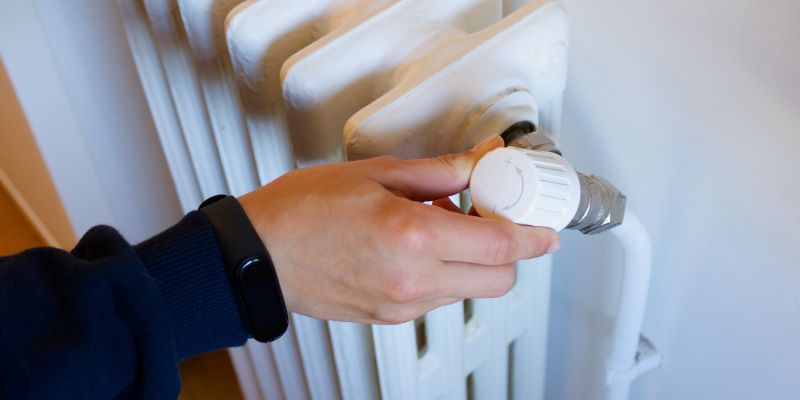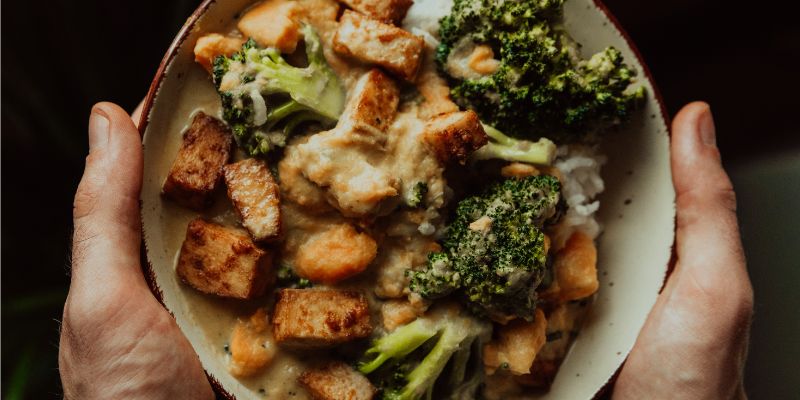With many of us starting to become affected by the cost of living crisis, healthcare is one aspect of our lives that is both essential but can become costly. Around 14.5 million people are living in poverty in the UK, according to the Joseph Rowntree Foundation’s UK Poverty Profile 2022. That’s more than one in every five people. Of these, 8.1 million are working-age adults, 4.3 million are children and 2.1 million are pensioners.
The Bladder and Bowel Community have been investigating to see if there are any ways in which we can save money to preserve both our health and overall wellbeing.

Healthcare and medication
NHS Prescriptions
If you are on a low income, on certain benefits or have a certain medical condition then you may be able to get help towards prescription charges. If you are on a low income you may be able to get help via the NHS low income scheme and if you have a qualifying medical condition then you may be able to apply for a NHS medical exemption certificate. Here’s more information on the NHS Low income scheme and you can find out if you are eligible for a NHS Exemption certificate.
Healthcare Travel Costs Scheme
If you have any hospital appointments that you need to attend and you are on a low income or a qualifying benefit then you may be entitled to claim back part of your travel costs.
To do this there are three criteria that you must meet:
- Yourself and/or a partner (including civil partner) must receive one of the qualifying benefits or allowances
- You must have a referral from a medical professional to a specialist or a hospital for further NHS treatment
- Your appointment must be on a separate visit to when the referral was made.
For more information on help with healthcare travel costs, visit the NHS website
Saving money on incontinence wear
If you suffer from bladder or bowel incontinence then items such as incontinence pads or wear can help make life a little more manageable. However, these items can become costly to buy over a prolonged period of time. Here are some tips on how to cut down on costs.
Make an appointment with your GP or local continence clinic
Some people on a low income or with certain medical issues may be able to get their continence wear on prescription which may help to either reduce or omit those costs.You will firstly need to have an assessment through either your GP or local continence clinic. In many cases you can self refer to a continence clinic rather than wait to see your GP. This will depend on the area you live though.
Test out supermarket brand incontinence products
Many supermarkets now stock their own brand of incontinence wear and these can be just as effective and less expensive as the more well-known brands. It’s worth shopping around to see which one’s are the most cost effective.
Consider buying incontinence products in bulk
If you are able to, and are happy with your choice of incontinence products. It may be worth considering buying your incontinence wear in bulk. Many stockists offer a discounted price for multiple buys, and this will make your unit price cheaper in the long run. Check out the continence providers online, as well as in store.
Reusable incontinence wear
Instead of the traditional single use incontinence pads, you may want to consider investing in reusable incontinence wear. Not only will this save you money long term as these can be washed and used again but these are also more environmentally friendly. There are many types available from incontinence underwear to higher absorbency pads for both bladder and bowel weakness

Priority Services with your energy providers
The cost of energy is obviously big news at the moment with many people’s gas and electricity costs having tripled in the last few months. Being able to keep warm is vital to keeping well. If you are struggling to keep up with your bills, please don’t suffer in silence, there is help available.
If you are a vulnerable person with a health condition, are over the age of 65 then you can sign up for priority services with your energy providers, this provides extra assistance if your power is lost in an emergency situation. Although not cost saving, this does alert your energy supplier that you are a vulnerable person who may require extra support. You will need to register with each of your energy providers. Here’s a link to more information from Ofgem.
Contact your energy supplier
First of all, if you are struggling with your bills then contact your energy provider and they may be able to help structure your bills to make it more affordable. You can also contact Citizens Advice and they can offer you advice on how to manage your bills
Free annual gas safety check
If you are on a low income or a qualifying benefit and are registered with priority services then you may qualify for a free annual gas safety check. It’s important to make sure that your gas appliances are running safely each year to avoid carbon monoxide poisoning. Well serviced appliances will also be more energy efficient and keep energy costs down. Contact your provider to ask about a free gas safety check.
Grants to help with energy debts
If you are struggling with your bills then there may be grants available to help. Turn2us is a great charity that offers information and support on debt and helps you to find out whether you qualify for any of the winter energy schemes plus other benefits in general.
Warm Spaces
If you find yourself in the position where it is not possible to heat your home during the day then many local councils have set up a ‘warm space’ across the local area where you can go to get warm and get a hot drink. Contact your local council to find out where your nearest warm space is.

Food banks
Fuelling your body with nutritious food is vital to keeping your body as healthy as possible. With rising food costs many people are finding it difficult to afford even the basics.
In April, 6.8 million adults had smaller meals than usual or skipped meals because they couldn’t afford or get access to food, according to the Food Foundation. A total of 2.4 million adults had gone a whole day without food because they could not afford to eat. If you find yourself in this situation then food banks are available to help provide food packages.
In order to access a food bank and obtain food bank voucher, you will need to have a quick assessment of your financial status with your GP, housing association, social worker or you can contact Citizens Advice.
You can find some more information on where your nearest food bank and how to obtain food bank vouchers by visiting The Trussell Trust.
Further Information
If you are concerned about finances the most important thing is to be persistent in seeking help from the agencies listed in this article – there may also be other organisations who can help in your local area. If financial worries become too much and you feel more anxious or lower than usual over a period of a few weeks, you should seek help from your GP, or find your local NHS therapies service.
For more information or help with have listed some important telephone numbers below
NHS Low Income Scheme – 0300 330 1343
Citizens Advice England – 0800 144 8848
Citizens Advice Wales – 0800 702 2020
The Trussell Trust – 01722 580 180









